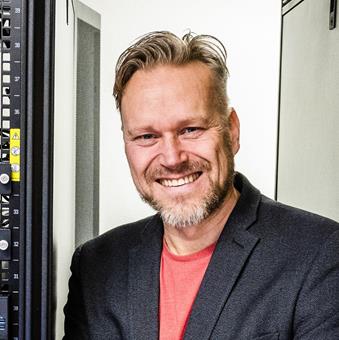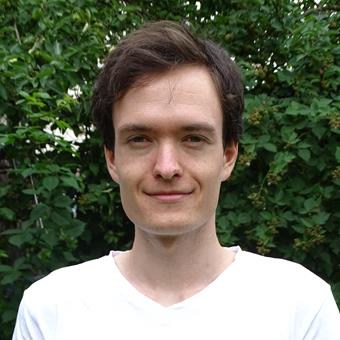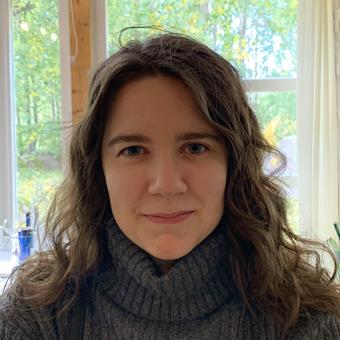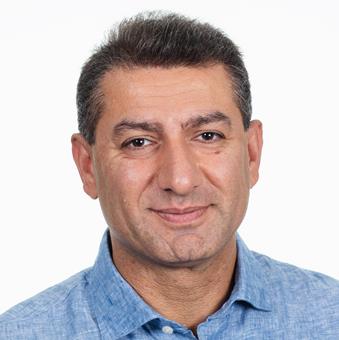The Reasoning and Learning (ReaL) AI Lab does fundamental AI research on algorithms, techniques and methods for machine reasoning, machine learning, and the integration of reasoning and learning. Our emphasis is on AI that is trustworthy, robust and transparent. Beyond theoretical contributions, the ReaL AI Lab addresses high-impact technical and societal challenges, producing practical AI advancements for real-world applications.
Research topics
Our research topics include:
- Combinatorial Assignment
- Generative AI for time-series
- Large Language Models
- Reasoning and Learning
- Reinforcement Learning
- Stream Reasoning and Learning
- Synthetic Data Generation
- Effective Autonomous Systems
ReaL leads many of the AI activities at Linköping University, including one of the four EU-funded networks of AI research excellence centers (TAILOR), the TrustLLM EU project developing trustworthy and factual large language models, and the Wallenberg AI and Transformative Technologies Education Development Program (WASP-ED).
Funding
The research is funded by Knut and Alice Wallenberg Foundation (KAW), Wallenberg AI, Autonomous Systems and Software Program (WASP), Marcus and Amalia Wallenberg Foundation (MAW), WASP Humanities and Society (WASP-HS), Vinnova, Horizon 2020, ELLIIT, Trafikverket, Graduate School in Computer Science (CUGS, LiU), and Zenith (LiU).
Collaboration
The ReaL AI Lab collaborates with and actively supports Swedish industry, the government and both the public and private sector. ReaL provides broad and deep AI expertise necessary to take full advantage of modern, trustworthy AI. Our focus is on AI solutions for decision support that are not only useful and reliable but also proven effective in real-world applications.
We make AI practical, reliable, and real. We make it ReaL.
The unit is lead by Fredrik Heintz, Professor.
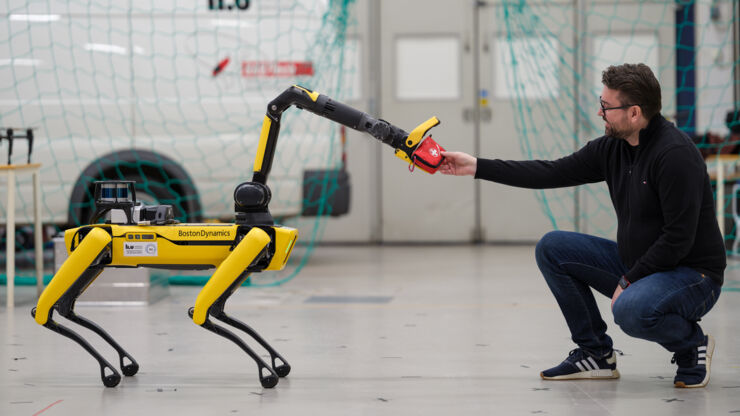 Photo credit Fredrik Streiffert
Photo credit Fredrik Streiffert 





